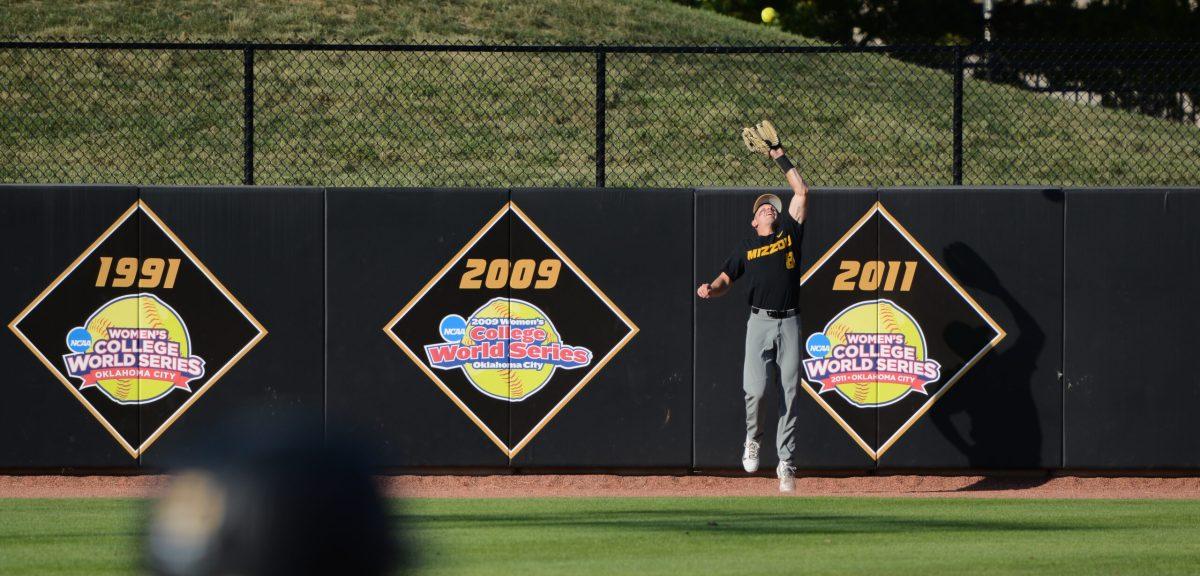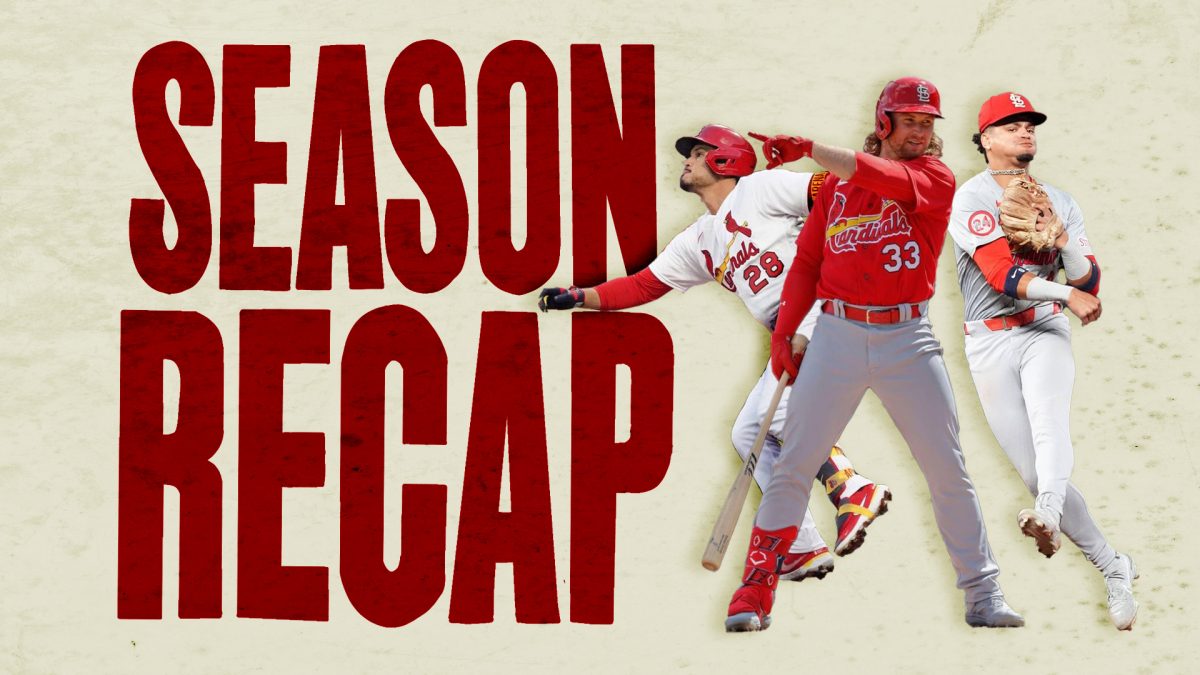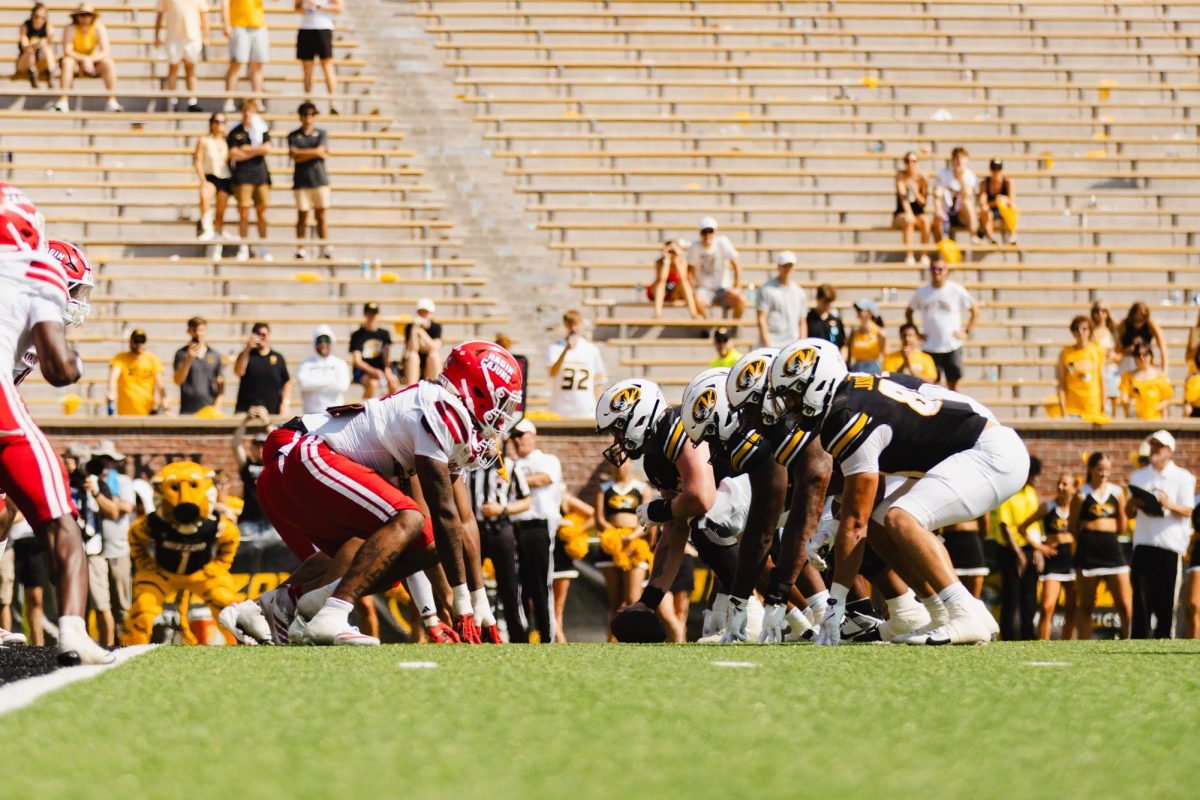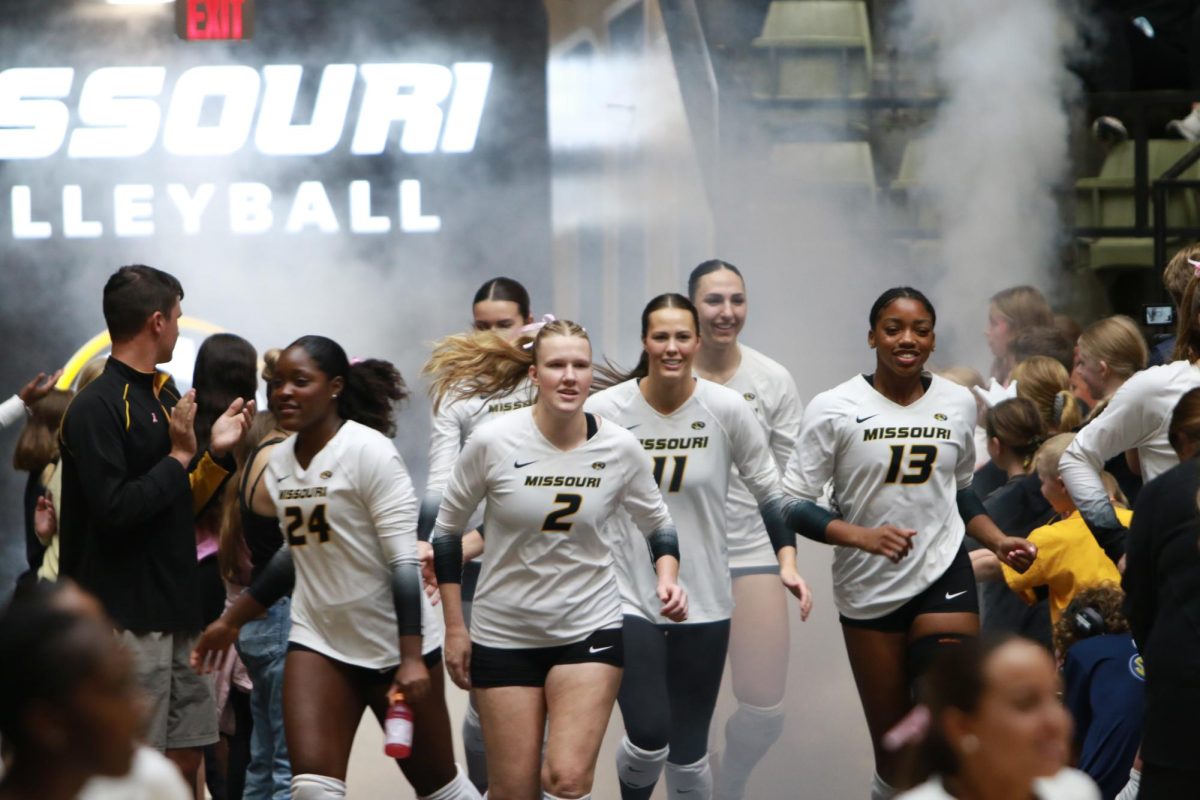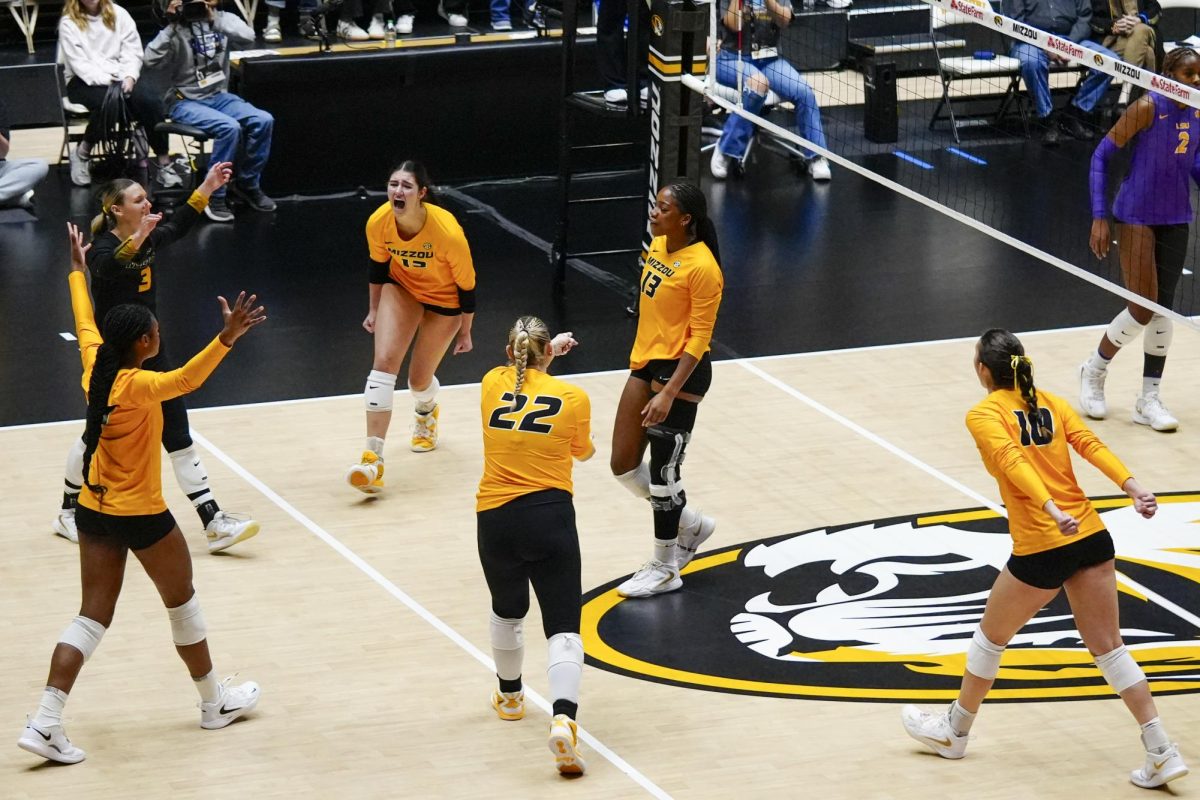On Jan. 31, the Missouri baseball team’s preseason was turned on its head.
The Tigers had been going through the motions as usual, preparing for the upcoming 2019 season. They harbored hopes of ending the program’s seven-year postseason drought by returning to the NCAA Tournament for the first time since 2012.
But less than three weeks before the first pitch, a set of sanctions announced by the NCAA caught Missouri off guard and put the season – not to mention some of the program’s future – in doubt.
“I knew that we were getting investigated back in my freshman year, but I hadn’t heard anything about it,” junior pitcher TJ Sikkema said. “So when that came out, we were all just kind of wondering really what happened.”
In response to violations committed by a former tutor at MU that were reported by the athletic department, the NCAA punished the baseball program with a one-year postseason ban, a 5 percent reduction in scholarships for one recruiting year and restrictions on visits and contact with recruits. Similar punishments were given to Missouri’s softball and football programs as part of the same investigation.
Baseball coach Steve Bieser said that none of the players involved in the violations, which occured in 2015 and 2016, remain with the program.
“It’s kind of like a letdown,” junior outfielder Kameron Misner said. “You work real hard all fall, and you hear news and now you can’t benefit from all your hard work.”
The NCAA ruling has been widely criticized by media, fans and the Missouri athletic department since the announcement. The department immediately launched a campaign to appeal the decision, calling the penalties “inconsistent and unfair” in a statement on its website. Meanwhile, the baseball team had to figure out how to react and carry on amidst the sudden turmoil.
“It was a very tough first day,” Bieser said. “The Thursday that we got word… I met with the team beforehand and we didn’t have a very good practice. The guys were not locked in, there was a lot on their mind.”
With the appeal process ongoing, Bieser said nothing is likely to be resolved for at least four months. As long as the legal battle continues, the penalties will not go into effect.
“We can’t control anything right now other than taking it one day at a time,” Bieser said. “I really haven’t seen any signs of anybody worried or concerned about it right now. They know that we have a season ahead of us.”
Bieser said that the postseason ban was the players’ main cause of concern at the time the penalties were announced. From a coaching perspective, however, Bieser recognizes the challenges that will be created by the recruiting restrictions.
“It’s very difficult to recruit here in the SEC,” Bieser said. “It’s tough to go head-to-head against another SEC opponent and expect to win that battle, so anything that gets thrown on top of our recruiting difficulties that we have right now is really tough … I can tell you that June and July is going to be really tough to try and figure this out.”
For the players, the last few weeks have been about focusing on the task at hand.
“There’s always stuff that goes on behind the scenes,” Misner said. “It’s not really what gets you where you want to go, so everything behind the scenes is behind the scenes. You just look past it.”
The Tigers will open the season on Feb. 15 in Jacksonville, Florida against the University of North Florida. It hasn’t been the preseason the team anticipated, but the vision remains the same.
“Our mindset is we’re going to make the SEC Tournament, we’re going to make [the NCAA Tournament] and we’re going to hope it goes well from there,” Sikkema said. “Honestly, I think the mindset is still the same, we just have to do the best we can.”
_Edited by Adam Cole | [email protected]_


